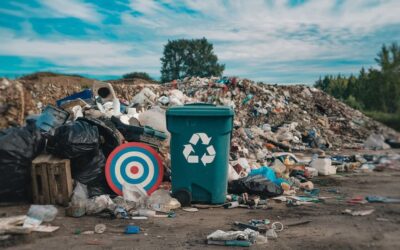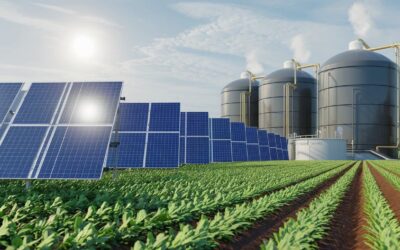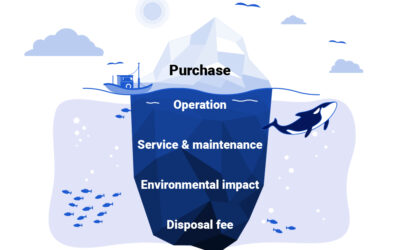The European Union has adopted a package of ambitious measures to promote the circular economy and reduce the environmental impact of waste.
Among the most significant measures are the new recycling directives that require Member States to achieve specific recycling targets by 2035.
Ambitious goals for a greener future
- Municipal waste: by 2035, 65% of municipal waste must be recycled (55% by 2025 and 60% by 2030).
- Packaging: By 2030, 70% of packaging will need to be recycled.
- Textile waste: By 2025, textile waste will have to be collected separately.
- Hazardous waste: By 2025, household hazardous waste will need to be collected separately.
- Biodegradable: By 2025, biodegradable waste will need to be collected separately or recycled at home through composting.
Reduce landfill and promote the circular economy
The new directives aim to drastically reduce waste disposal in landfill, which by 2035 must not exceed 10%. The objective is to encourage the recycling and regeneration of materials, encouraging the creation of a more sustainable circular economy.
What does this mean for companies?
The new directives will have a significant impact on companies, which will have to adapt to the new obligations and invest in technologies and processes to improve the recycling of their products.
Opportunities for innovative companies
However, the new directives also open up new opportunities for innovative companies that will be able to develop solutions for the recycling and regeneration of materials.
A commitment for everyone
Achieving recycling objectives will require a commitment from everyone: citizens, companies and institutions. Only through common collaboration will it be possible to achieve a more sustainable future for our planet.




